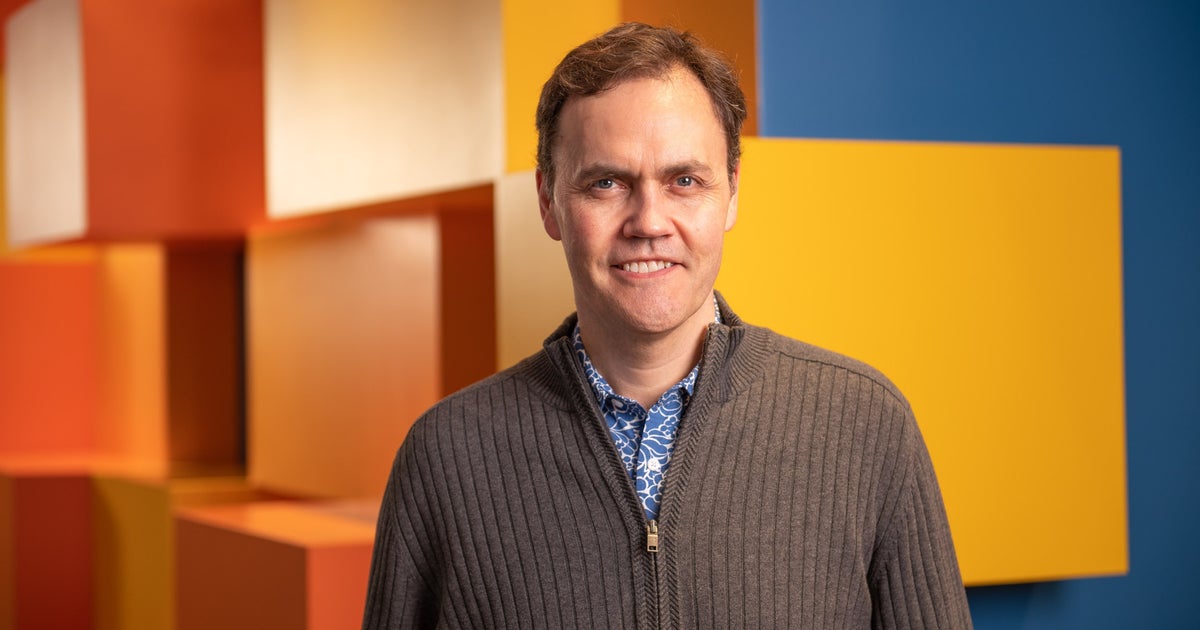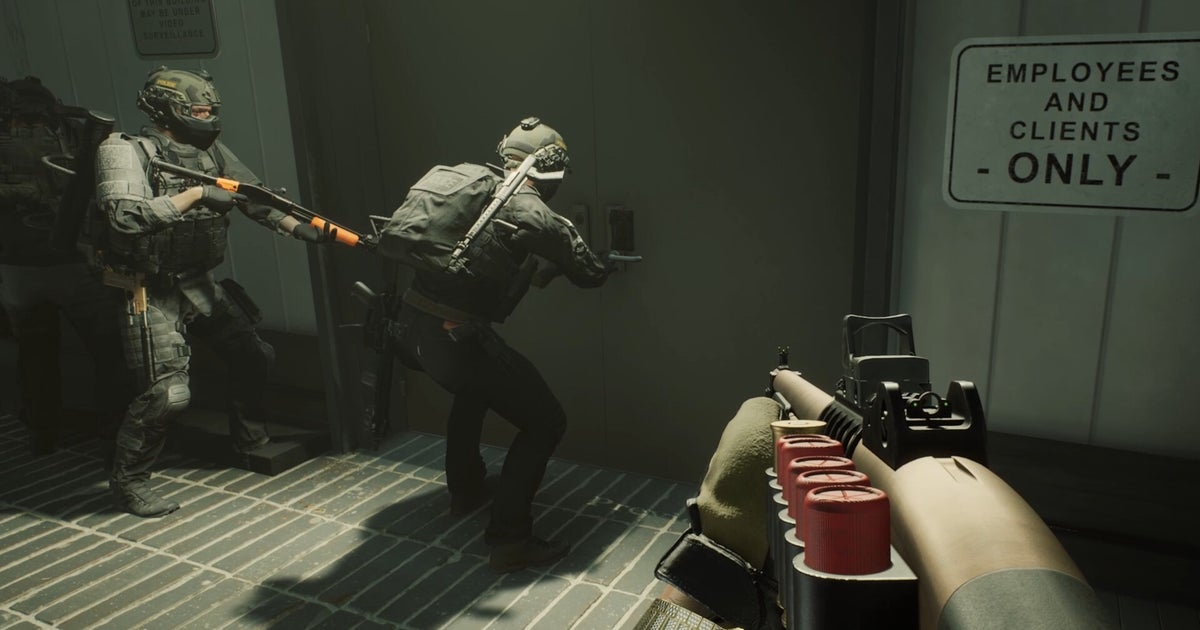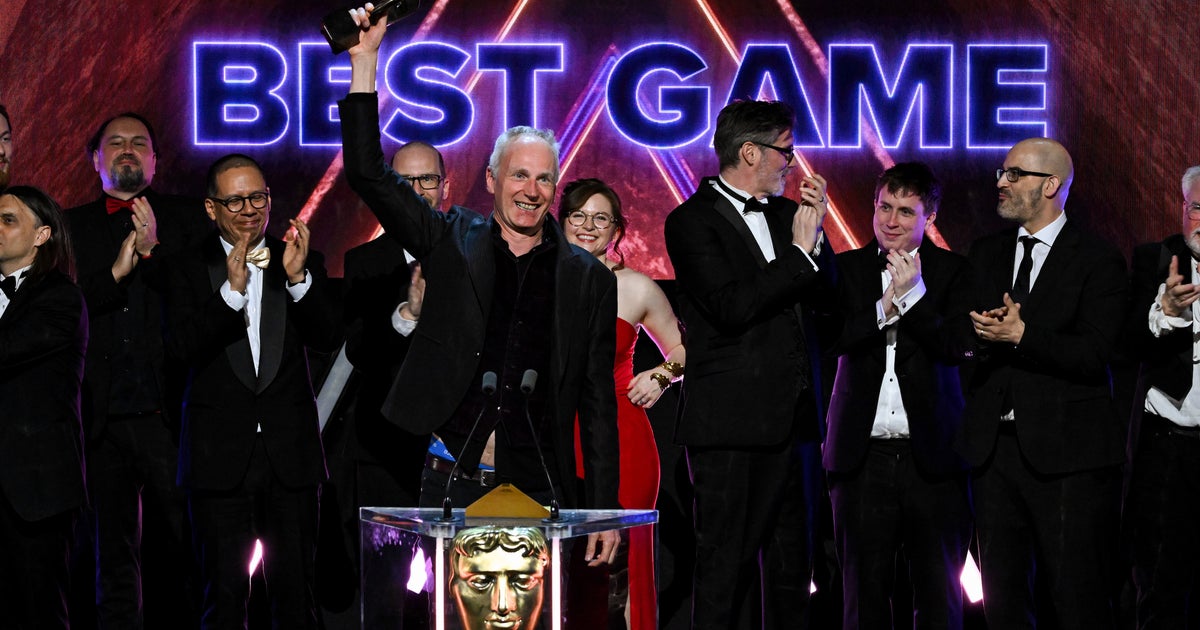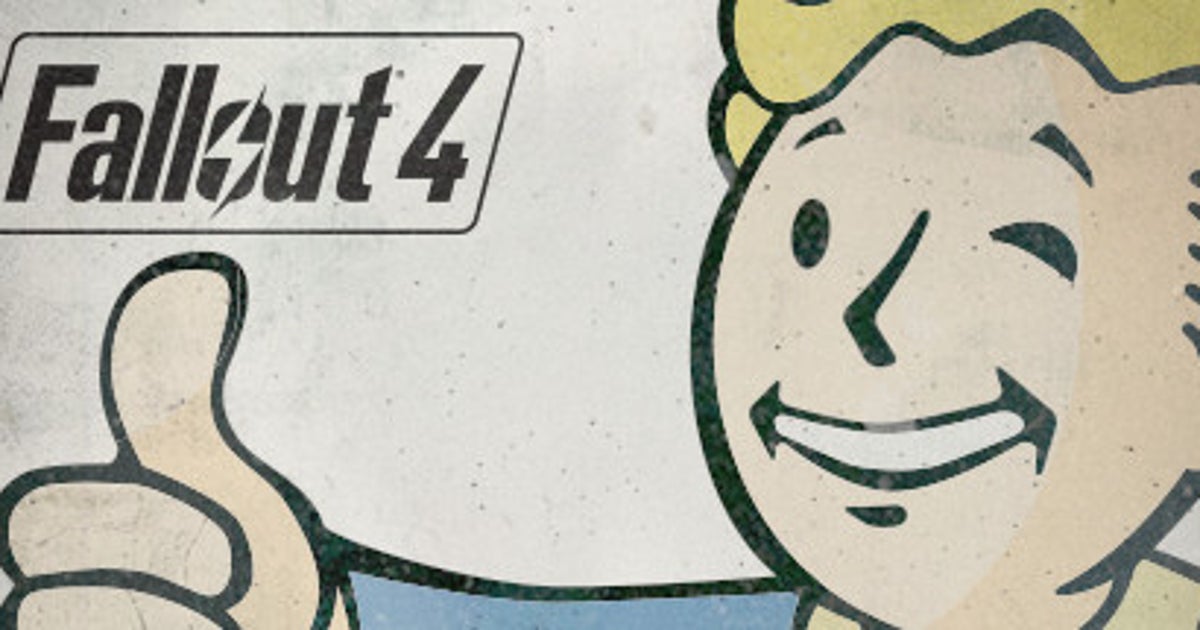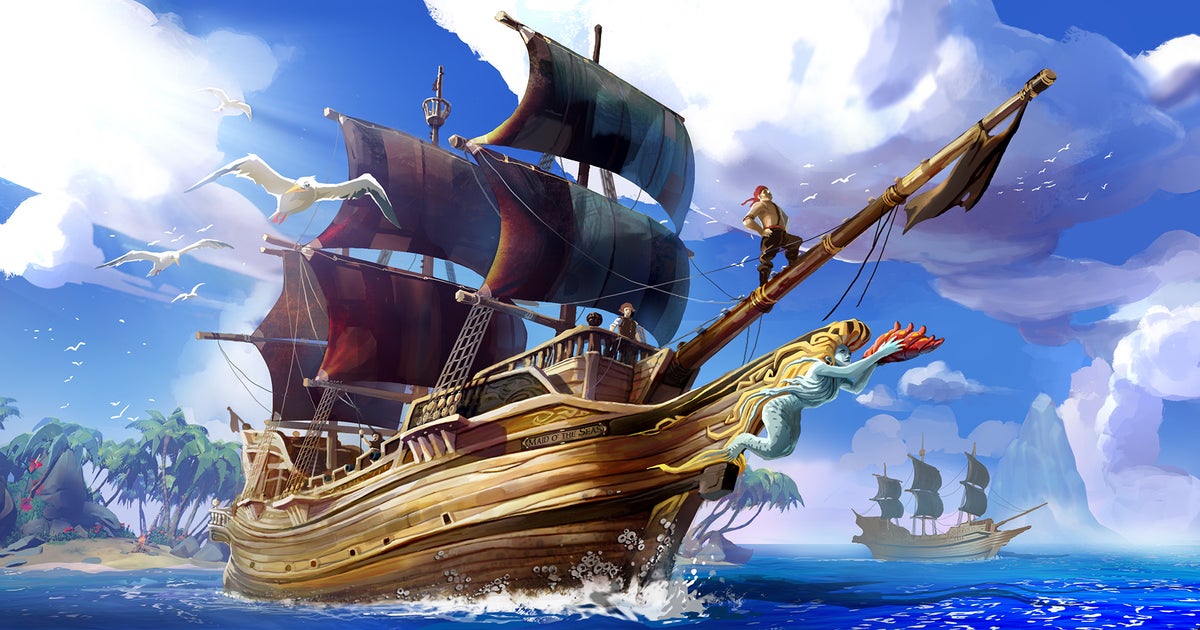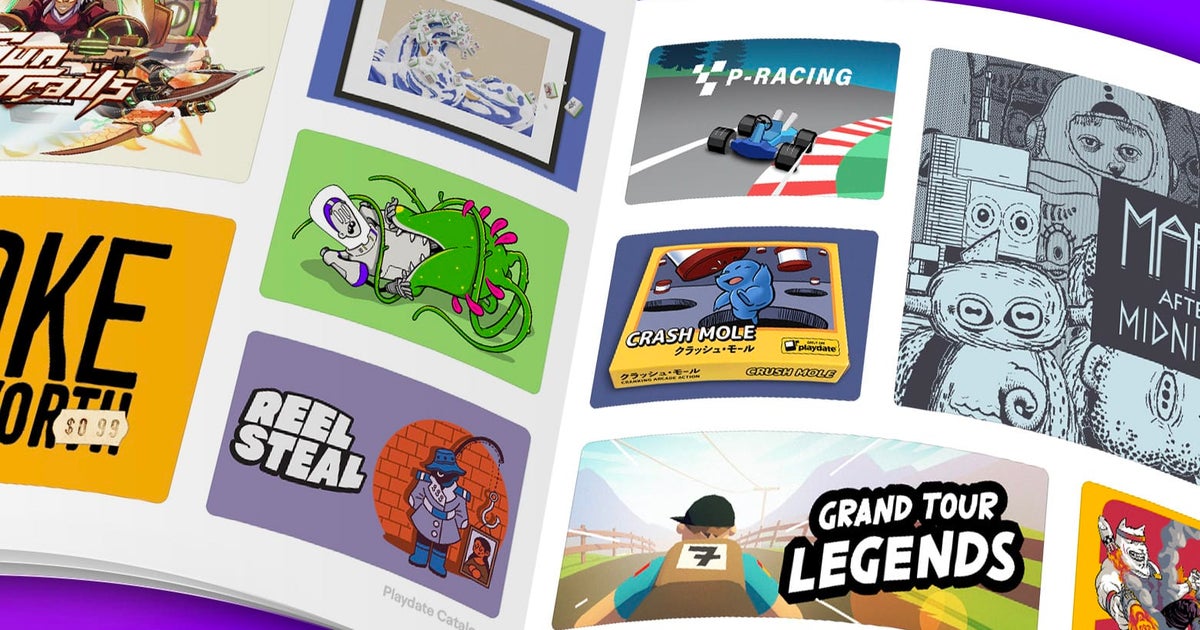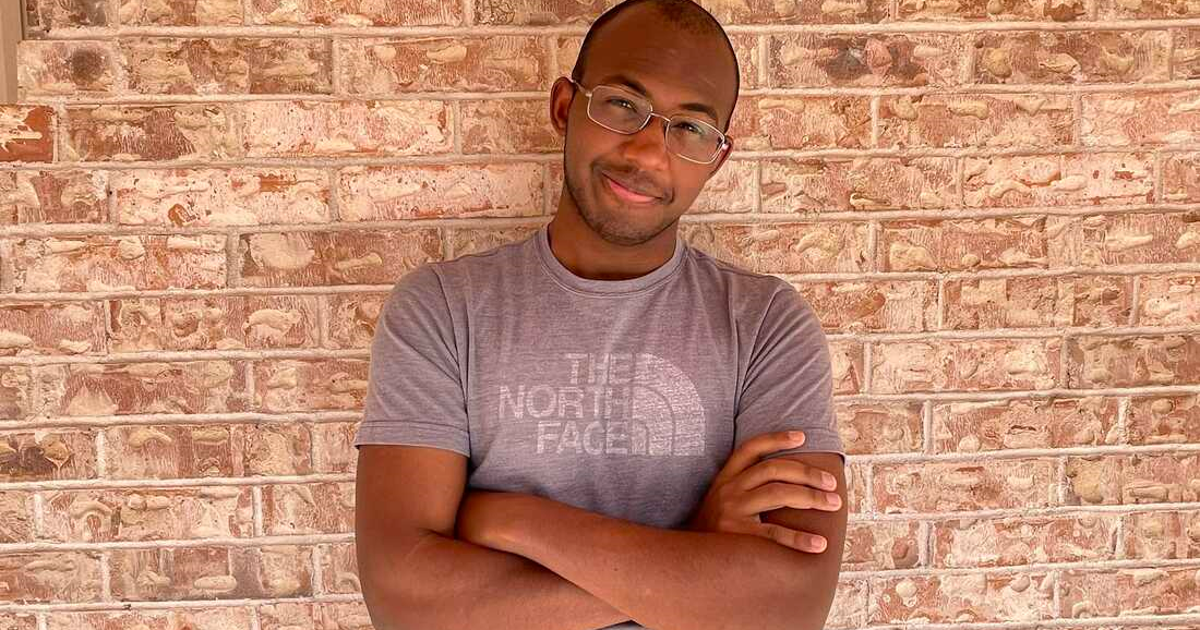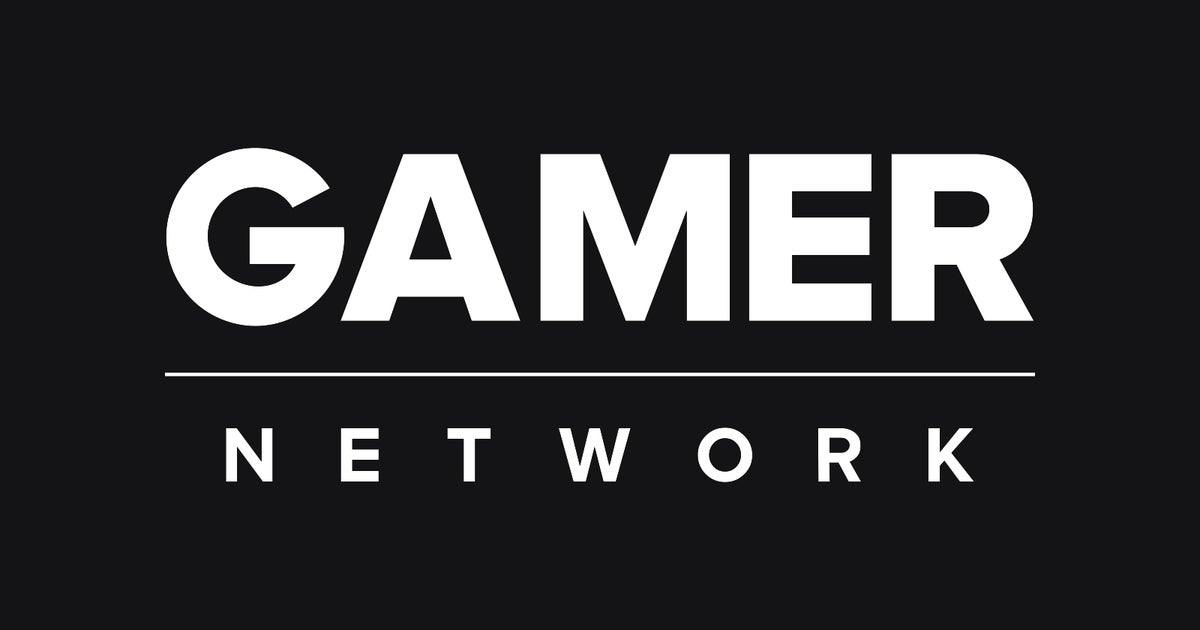Looking at Schell Games’ recent output, it’s pretty easy to spot a common thread. There’s the VR puzzle franchise I Expect You To Die, the VR adaptation of social deduction game Among Us, the VR jumpscare horror game Silent Slayer: Vault of the Vampire…
When we speak with Schell Games CEO Jesse Schell at the Game Developers Conference, we ask if the studio has indeed pivoted fully to VR and committed itself to that market going forward.
“No, we never do that,” he quickly says, “Because that’s how you sink a studio. You say, ‘We’re about this one thing’ and then the world moves on. Then you sink, right? We’ve been at it for 20-plus years, so you’ve got to change with what’s going on, but we are doing a lot of that work right now.”
So while the company has certainly invested time and effort in VR, Schell doesn’t see the studio as placing any exceedingly large bets on it.
“We’re always very focused on stability,” he says. “There are lots of companies that say, ‘We’re going to bet everybody’s job on this.’ And we just don’t do that. We’ll bet cash on things, but we’re not going to bet jobs on things. That’s just not how we do it, which is why in 22 years, we’ve never had a layoff. It’s not an accident; it’s a choice.
“We make strategic bets, but we don’t bet the whole company. It’s a thing you could do, but the thing we believe is that teams grow stronger over time. And if you’re in a situation where every three years you layoff 30% of the company – and a lot of places do that – you’re losing that teamwork. So we tend to be very focused on stability in the long term view.”
He describes it as a serious of “slow, strategic bets” in the VR space, testing out specific aspects like mixed reality or the educational content, seeing what works and making controlled, gradual follow-up investments.
“It’s been working pretty well,” he says, adding, “It’s not like we’re absolutely crushing it financially, but we’re OK.”
That approach has been validated somewhat by the wave of layoffs and closures across the industry over the past year and change.
Schell says, “A friend of mine used to say ‘Save up for a rainy day because sometimes it rains.’ And it’s raining, so I was glad we saved up a bit.”
As for the VR market itself, Schell is fairly upbeat about it.
“We know the number of Quest headsets is somewhere between 20 and 30 million, which is pretty good,” he says. “It would seem there are more Quest headsets than there are Xboxes right now, which seems pretty good. And there are a lot of people who play these games and love them.
“We’ve seen a lot of continued growth, and the biggest growth area we’re seeing, now that the prices are coming down, is younger teenagers really getting into it. You’ll see the No. 1 most played game in the store is [Another Axiom’s] Gorilla Tag, which is favored by younger teenagers. And it kinda makes sense because kids are so active. They can’t sit still, so they love the physicality of it.”
He also points to the quality of VR games, noting that Asgard’s Wrath 2 received a 10 out of 10 from IGN in December.
For developers, Schell says VR is absolutely less of a red ocean than standard PC or console game development, and points to Meta’s unusual dual-store set up for Quest users as having helped address common discoverability issues for developers.
“The typical thing is to have a really curated store, and it’s really hard to get into the store,” Schell says. “That’s how Switch started. That’s how Steam started. And then after a while, they’re like, ‘Eh, we got enough, throw the doors wide.’ And it becomes, you know, a trash fire. Which is where we have these crazy race-to-the-bottom problems and the whole discoverability thing, which is so hard on devs.”
But Meta has its standard curated storefront and then the App Lab, which is intended for experimental and in-development offerings. Schell says it’s basically understood as the “anything goes” store, but Meta from time to time will also bring selected games over into its more curated storefront.
“They did the normal thing with Oculus Go and threw the doors wide to get a lot of stuff in here, and people were trying it out and being like, ‘I tried a VR game and it was bad,'” Schell says. “Well yeah, because it wasn’t curated. And they realized for the Quest, let’s make sure that everything people play is going to be of high quality. And this seems to have worked pretty well, and it’s certainly helped the devs because it’s avoided the race to the bottom problem.”
He notes that Schell Games’ first I Expect You to Die game came out in 2015 as a $25 title, and still sells for $25. Sales are still “very important” part of Schell Games’ strategy with VR titles, but there’s not the same pressure to bring the standard asking price down.
“We haven’t had to cut prices down or force it into free-to-play or all the other things that squeeze developers out, because it’s understood that this is a market where good stuff costs money, and that makes it sustainable for developers,” Schell says. “I’m sure it won’t last forever, but for right now, it’s doing pretty well.”
And even if VR is leaning heavily right now on Meta and its loss-leading approach to growing the space, Schell sees that dependence as a temporary situation.
“They’re definitely a leader, but in the long term, competition is inevitable,” he says. “Especially with the amount of success they’re having. The other companies aren’t going to let them run away with the market forever, which is why Apple Vision Pro is showing up and other things seem to be happening. It looks like in the next year or two, we’re going to start seeing meaningful competition in this market.”
Schell is optimistic about the future of VR, saying the market is established and VR headsets will continue to be available and supported from here on out. And he expects them to remain a significant, but far from dominant, piece of the gaming pie.
“I’m not going to make any predictions past 2040, but I’ll say for like the next 15 years, VR has the potential to become something like 15% of the game industry,” Schell says. “That’s a healthy chunk. That’s not nothing. I don’t think it’s going to be bigger than that. Will VR in that time period displace flat screens? I don’t think so, but I do think it’s going to be a healthy part of the industry.”
He likens the relationship between traditional games and VR games to the relationship between movies and TV.
“Movies are more spectacular – bigger screen, bigger situation – but it’s not the dominant thing,” Schell says. “It’s not convenient. I think VR’s the same thing. It’s more spectacular, more immersive, more thrilling, more intense, more emotional, but there are elements of it that are not as fitting for everyday life. It won’t be the biggest part of the industry; it’ll just be the most immersive part.”
That said, he draws a distinction between mixed reality and virtual reality, and is particularly optimistic about the potential for mixed reality as children’s entertainment.
“Because if you tell a kid, ‘Put this headset on and now you can go outside and play kickball with Pikachu’, they’re absolutely going to be all over that,” Schell says. “Tell that to an adult? ‘No, I don’t want to do that.’ That’s just not how adults play. But children play physically, and they play imaginatively, and this is technology that’s about being physical and imaginative at the same time.
“For games with mixed reality, it’s going to be 100% about kids. And it’s weird, because the games industry doesn’t like kids, doesn’t take kids seriously. Everybody dismissed Roblox forever, like, ‘Oh that’s just some dumb kids thing.’ And it’s this mega multi-billion dollar thing and gamers are like, ‘Nah, that’s not real games.’ But those kids are all going to grow up and you’re going to see this thing as a tidal wave that completely changes gaming culture.”
We ask about technology hype cycles in general, and how ever since the smartphone overdelivered on promises to change the world, we’ve seen a succession of tech trends – VR, AR, blockchain, cloud streaming, and now AI – that have found varying amounts of success, but haven’t yet shown themselves to be as disruptive as many advocates had promised.
Schell references Sturgeon’s Law, coined when sci-fi author Theodore Sturgeon was asked why 90% of science fiction writing is crap, and replied that 90% of everything is crap. There will always be hits and misses he says, and when something like smartphones pays off, it creates a greater appetite for risk from investors thinking they could get in on the ground floor of a similarly disruptive product.
And just because something hasn’t changed the world yet, doesn’t mean it never will. He points to video conferencing, an idea that has been around since the 1960s, and was revisited without success so frequently that it became something of a joke until people needed to work remotely in large numbers.
“It just took 60 years and a global pandemic, but now it’s a thing,” Schell says. “So it’s a lot of times a question of timing. You have to put that perspective on it. You don’t know.
“Is this ready to go now, or does it need another 10 years? Another 40 years? Sometimes you don’t know. I did a lot of AI work back in the ’80s and people were like, ‘This is garbage. This is never going to work.’ And OK, but it’s working. It just took 40 years. A lot of times it’s an issue with timing and perspective.”
VR was like that for Schell, who worked with the tech since the 1990s, was creative director at the Disney Imagineering VR studio, and even taught classes in VR at Carnegie Mellon before the Oculus Rift hit the scene and kicked off the current wave of mass market VR.
“It’s just a matter of perspective,” he says. “You can’t expect every new technology to be this earth-changing thing that’s going to sell three billion units. That’s not realistic… I look at it as figuring out how each technology fits in the world, and is this its time, or is it going to be a little farther into the future?”
So is there any technical trend he feels safe writing off forever?
“I don’t know,” he says. “You never know what’s going to come back and be useful.
“Sometimes the most unexpected technologies are useful in ways you wouldn’t think… You never know what’s going to be useful and sometimes old technology becomes useful again.”
